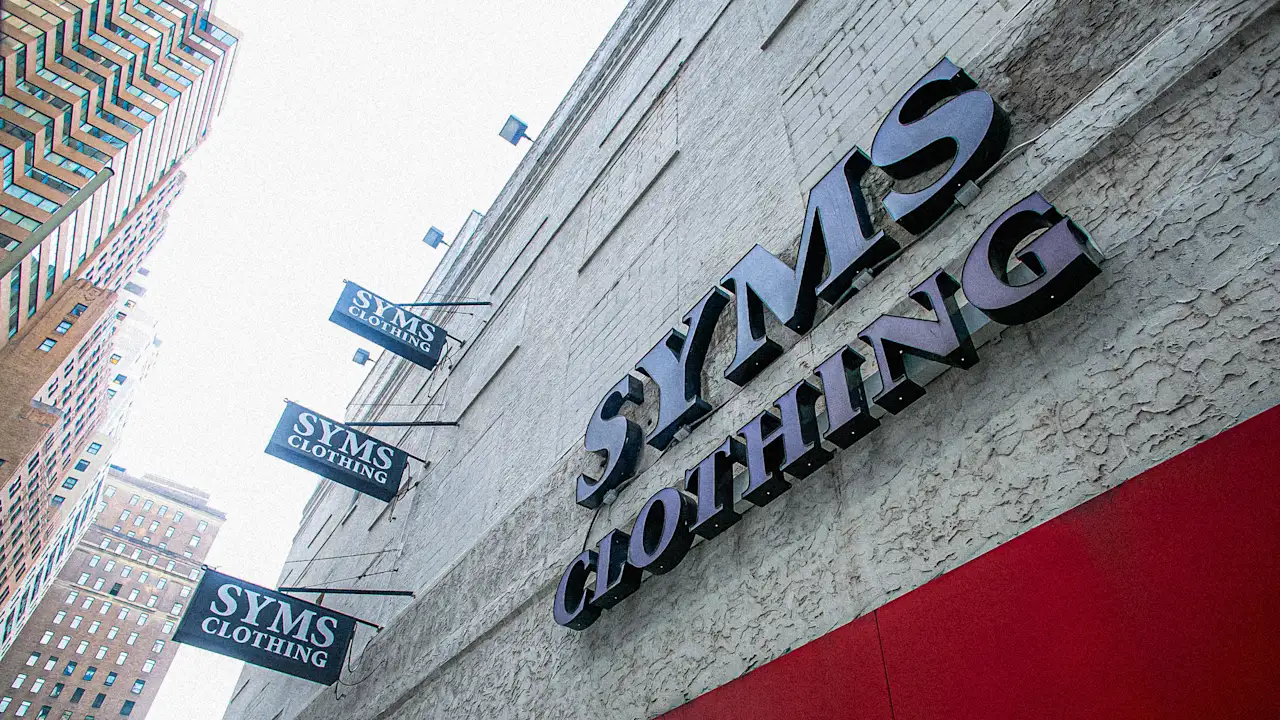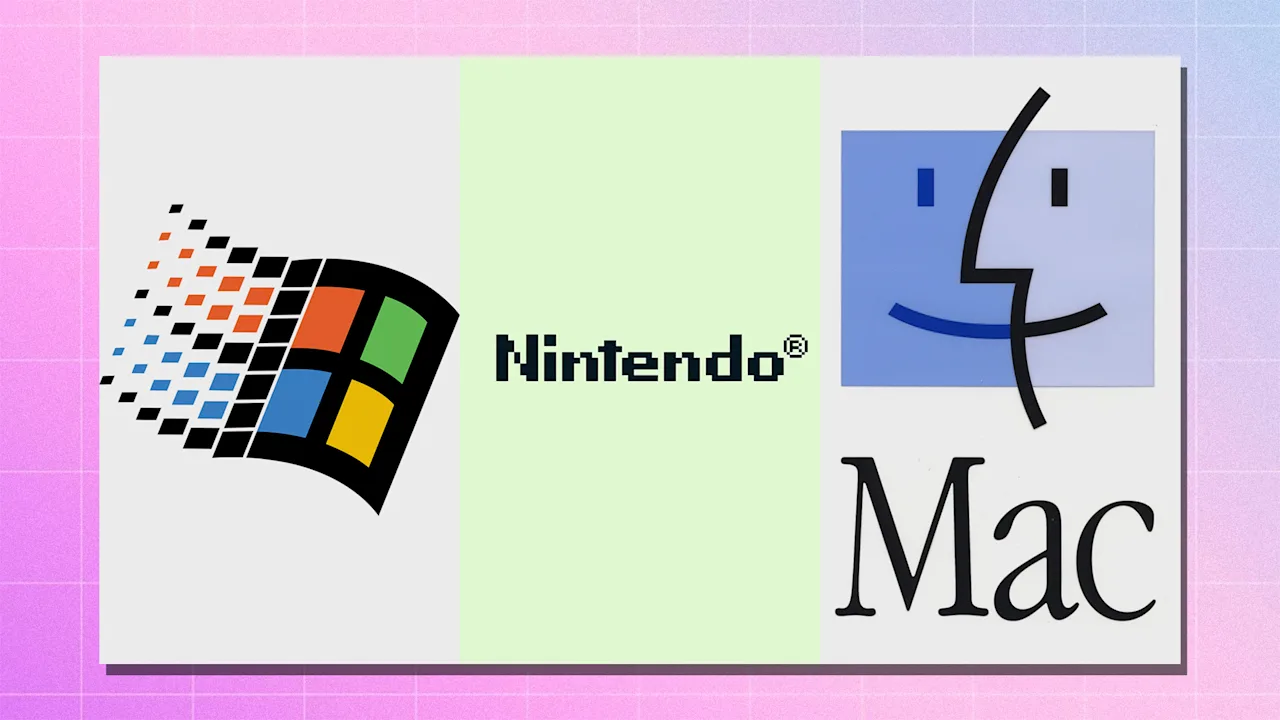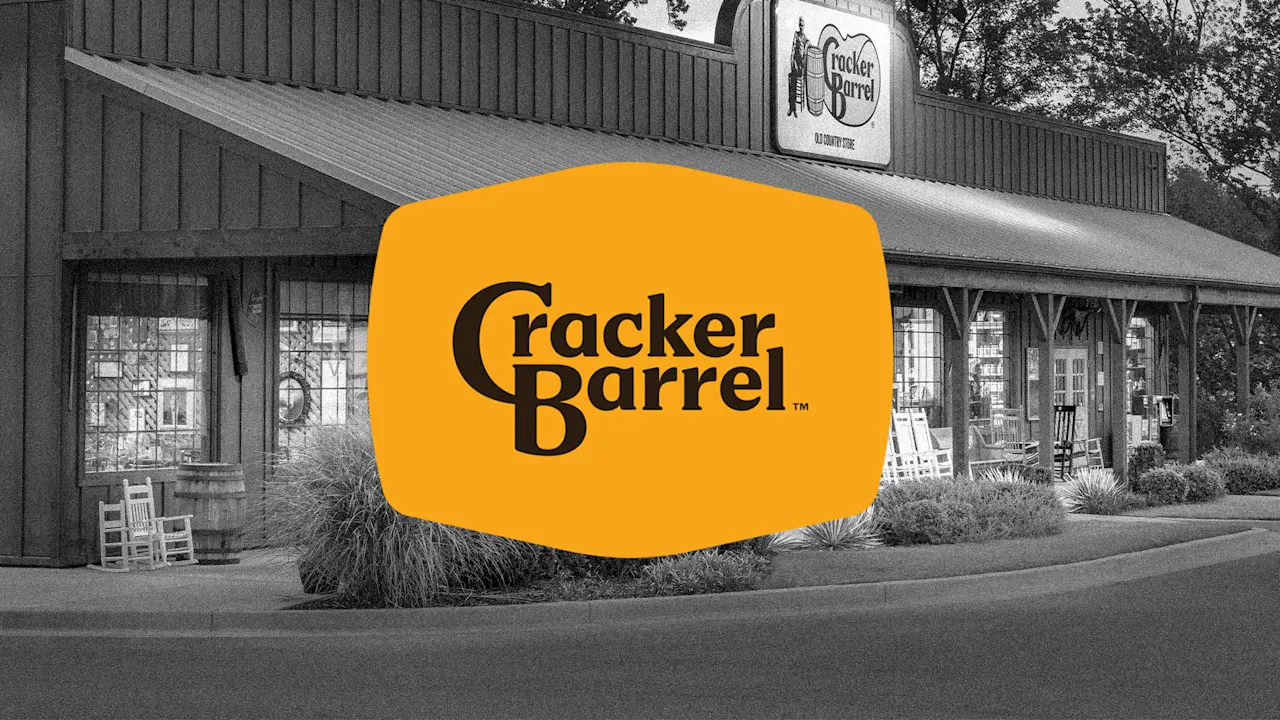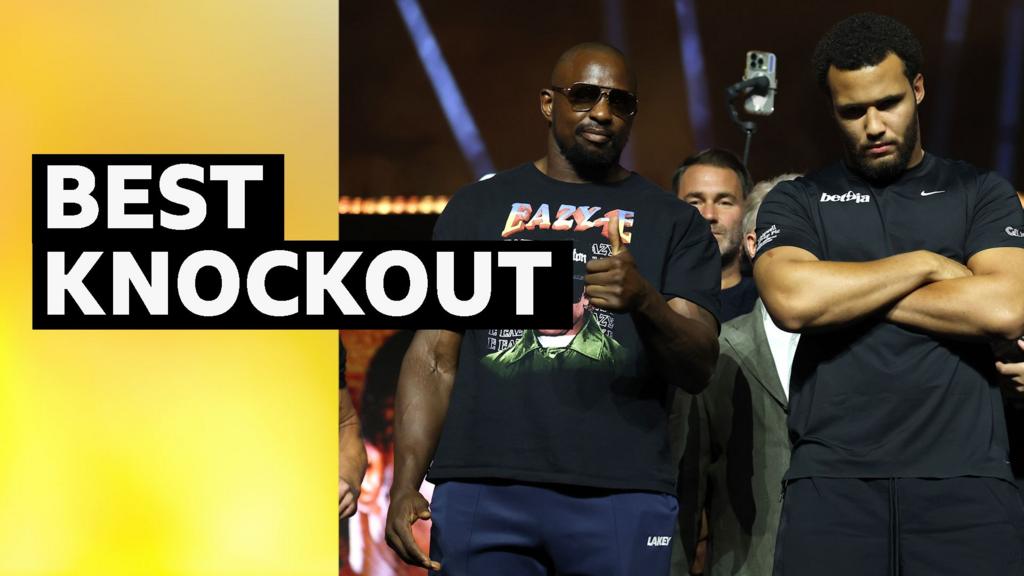The 13 commandments that built the legendary Syms retail empire (and are just as relevant today)

Respect isn’t a buzzword or a line in a mission statement. It’s a strategy, and one that I used to build an empire during my time leading Syms, the first truly off-price retail chain in America.
When my father, Sy Syms, and I grew our business from a single store in lower Manhattan into a 50-location national retailer, we weren’t just selling clothes. We were proving that dignity could be a competitive advantage.
We respected customers’ time by color-coding tags by size and keeping every store layout identical. Walk into one Syms, and you’d know how to navigate them all. We respected their intelligence by refusing to hard-sell. Our employees weren’t “sales associates”—they were “educators,” trained to answer questions about fiber content, tailoring, and fit. We respected their wallets with no-frills décor that kept prices down.
It wasn’t fancy. But it worked. Because people remember how you make them feel—and respect is unforgettable. Below I’ve outlined how you can infuse respect into every aspect of your business.
The 10 (or 13) Commandments of Customer Respect
As the company scaled, we codified these behaviors into what became known internally as our “Ten Commandments” of customer service. These weren’t optional. They were embedded into onboarding, posted in every break room, and upheld from the stockroom to the C-suite. Here they are:
1. Treat every customer with the respect you yourself expect to receive. They are the reason we stay in business. (Note: Respect is rule Number One, sort of like the First Amendment.)
2. Greet each customer with a smile, direct eye contact, and a good morning, afternoon or evening as soon as they enter our store. Your expression, body stance, and tone of voice should say, “Welcome, We’re Glad You Came To Shop.”
3. Determine the customer’s need once you’ve said hello.
4. If a customer requests a certain item or specific size, never point or give directions; escort the customer to the proper area.
5. Always look up while doing stock to say hello to shoppers in your area. Smile to show that you are available for any questions they might have.
6. Be aware of suggestive selling opportunities. Let the customer know we have tops to match the bottoms they’ve selected. Escort them to the tops and excuse yourself to let them look through the merchandise.
7. Be knowledgeable about the various brand names, fiber contents, and sizes throughout your area.
8. Remember to remain cool and levelheaded. Be extra kind and respectful to customers. Management presence is of the utmost importance.
9. Help a customer with a zipper or the buttons on the back of an outfit in the dressing room.
10. Be honest to customers. If the suit doesn’t fit, suggest another manufacturer or size; don’t tell the customer what you think he/she wants to hear.
I’d add only a few more:
11. Be aware of the competition, including online sellers, but never disparage anyone else.
12. People are always in a hurry. Save them as much time as possible with clear and relevant advice that helps them find what they want quickly.
13. When in doubt, see rule 1.
But respect isn’t just a checklist. It’s a mindset. And in one moment, that mindset saved a store opening from disaster.
When Permits Fell Through, a Car Hood Became Our Checkout Counter
One of our new suburban New Jersey locations was set to open on a Saturday morning. Hundreds of people lined up outside. But due to a last-minute paperwork error, we didn’t have the permits to legally open our doors. Most companies would have sent everyone home.
We didn’t.
My father and I grabbed a pen and set up shop on the hood of a car in the parking lot. We handwrote $10 discount coupons for every person who showed up. That gesture turned disappointment into goodwill—and when we officially opened the following week, the turnout shattered expectations.
That wasn’t marketing. It was respect in action.
How I Interviewed for Respect And Screened for Selfishness
Respect also defined our hiring practices. During interviews, I’d ask each candidate: “What eight questions do you need answered before deciding to work here?” I wasn’t just listening to the questions. I was evaluating why they asked them.
If more than one question was self-serving—“How soon can I be promoted?” or “Do you reward employees when they get compliment letters?”—they didn’t get a callback. Sometimes even one red flag was enough.
The best candidates showed curiosity, not entitlement. They asked about our values, our stores, our customers. And the biggest red flag? Never visiting a store before applying. To me, that showed a fundamental lack of respect for the brand, the customer, and the opportunity. Hiring for respect helped us build a workforce that embodied our culture from day one.
When Respect Isn’t Returned
Respect can’t be a one-way street. And not every boardroom I entered treated me the way I treated them. As the youngest woman to ever lead an NYSE-listed company, I spent many years as the only female voice at the table. During Syms’ reorganization, I negotiated with hedge funds that spoke over me, questioned my competence, and ignored my insight. Was it ageism? Sexism? Maybe both.
But I kept showing up with respect. Not because I felt it, but because I believed in it. It became a strategy to disarm ego and move the conversation forward. I refused to mirror their dismissiveness, because doing so would only validate it. Eventually, that approach gave me leverage. You can’t lead people you look down on. And you can’t win partnerships without mutual respect.
Why Respect Still Matters
Today’s business leaders spend a lot of time chasing engagement, culture, and retention. Here’s a shortcut: build respect into everything.
- From how you onboard to how you communicate.
- From how you acknowledge work to how you handle missteps.
- From how you treat employees behind closed doors to how you show up in the market.
Respect isn’t “soft.” It drives loyalty, innovation, and performance. Companies that lack it bleed talent and trust. Companies that live it turn employees into advocates and customers into evangelists. And most importantly: respect scales. It works whether you’re running one store or 50. Whether you’re selling suits or software. As leaders, we often search for the next breakthrough. But sometimes the most powerful ideas are the oldest ones.
Respect is one of them.
What's Your Reaction?
 Like
0
Like
0
 Dislike
0
Dislike
0
 Love
0
Love
0
 Funny
0
Funny
0
 Angry
0
Angry
0
 Sad
0
Sad
0
 Wow
0
Wow
0






























































































